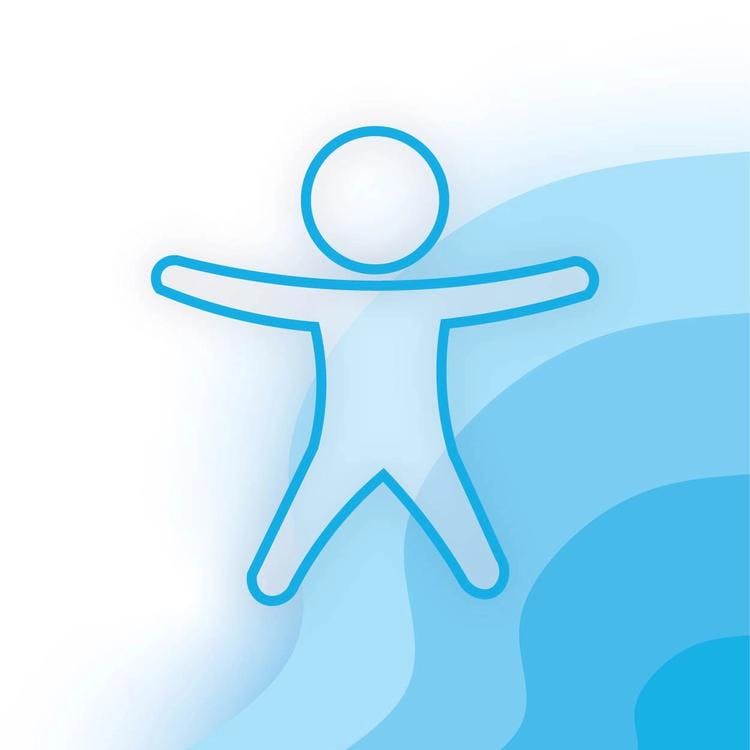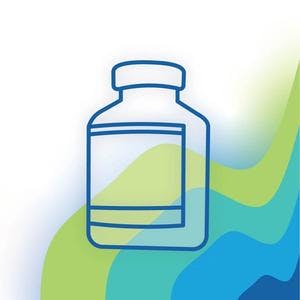The first 1000 days
The first 1000 days of life are incredibly important to ensure your child’s best start in life. The first 1000 days start on the day you fall pregnant and end when the child turns 2 years old. This time is precious for your child’s development and it will influence the rest of your child’s life. What can you do to ensure the best first 1000 days for your child?
Before Pregnancy
It is a good idea to plan your pregnancy. That means that you ideally should be using family planning (also called “contraception”) for the time that you do not want to fall pregnant. When you feel that you want to have a child, you can then plan to fall pregnant and start a family, by stopping the use of family planning methods (you can read more about this in our family planning booklet). This way, you can prepare for the time you want to have a child. Preparation for pregnancy could include taking some vitamins (especially the vitamin “Folate”) and ensuring that finances are in order. The vitamin “Folate” in particular helps your baby’s spine and brain develop well, but it is important to start taking it as soon as possible, preferably before you fall pregnant.
During Pregnancy
It is important that during pregnancy you go to the clinic for check-ups. The nurses and doctors will know exactly what tests to do and how to make sure you and your baby are safe during pregnancy. These check-ups (also called “antenatal” clinic visits) help the doctors and nurses caring for you to know you and your health better for when you give birth. This makes the birth and pregnancy a lot more safe and comfortable for you and your child.
One of the tests the doctors and nurses will do is to test for HIV. This is done for everyone. If you are positive, it is a great place to continue or start your medication. If you are taking medication well, then you can prevent your child from getting HIV.
It is also important for doctors to look at all the medication you are taking and make sure that they are safe for your baby. They will also teach you that drinking alcohol, taking drugs or smoking is bad for the baby. Read our pamphlet called “FASD” for more information.
They will also give you vitamins that help the baby develop well.
After Pregnancy
Once your child is born, it immediately needs love, comfort and nutrition, to name a few. It is important that while your child is growing and developing, they have:
- A safe home: where poisons, toxins, boiling water and fire are kept away from where children can be hurt
- Access to safe drinking water. If you think your water is unsafe, read the extra resource on how to clean water
- Their immunizations or vaccines
These are just some of the important things to do while your child is growing. Below we talk about other important topics.
Breastfeeding
Breastfeeding your child is one of the best things you can do to ensure your child grows well and is healthy.
Breastfeeding gives your child all the vitamins, fat and protein he or she needs. Your body is so good at knowing what your child needs, it actually changes the breastmilk to what your child wants, to make sure it is perfect.
Breastmilk is very good for your baby’s stomach and making sure that your child is protected from infections.
It is also sterile, meaning it has no germs in it when it comes out. It even has special antibodies that help fight many infections for your baby.
Formula milk is expensive and difficult to make properly. It can very easily get germs in it and this can make your baby sick. It is also not good for the baby’s stomach. Unlike breastmilk, it does not have any antibodies in it.
Danger Signs
There are certain signs your baby will show if he or she needs to go to the hospital. It is important that you look out for these danger signs so that you can go to the hospital immediately. The danger signs are listed below:
- If your child is vomiting
- If your child is unable to drink or breastfeed
- If your child has convulsions, also called “fits”
- If your child is unconscious or weak
The Road to Health
You would have been given a Road to Health Booklet during one of your clinic visits. This is a very important booklet as in it your doctors and nurses will write all the important information about your health and the health of your child. Here the doctors can see how your child is doing and what the best treatment for your child would be if he or she falls ill. It also has very important information in it, explaining how to best look after your baby. Please remember it when you go to the hospital for your child.
Immunisations
Vaccines are sometimes called “Immunisations”, because vaccines make your body immune to diseases. They basically teach your body how to fight infections.
Every child in South Africa has access to getting certain vaccines. They are given at different times, depending on which age they work best. It is very important that your child gets these vaccines, because they prevent very serious illnesses from happening. If for whatever reason your child could not get a vaccine, it is important that you go to the clinic and get a catch-up dose. This will help protect your child.
Here are a list of some of the diseases that vaccines help prevent:
- Polio: a type of disease that can paralyse people
- Certain type of brain infections
- Hepatitis B: an infection of the liver
- H. Influenzae: a bacteria that can cause an infection of the lungs
- Rotavirus: this causes a dangerous form of diarrhoea
- Streptococcus Pneumonia: a bacteria that causes lung infection or even brain infection
- Typhoid: a disease that can give your child a severe stomach infection
- Tetanus: this is a bacteria that can cause a life-threatening disease where muscles in the body are stiff and cannot relax
Read more about how vaccines work with our “Vaccines” booklet.

